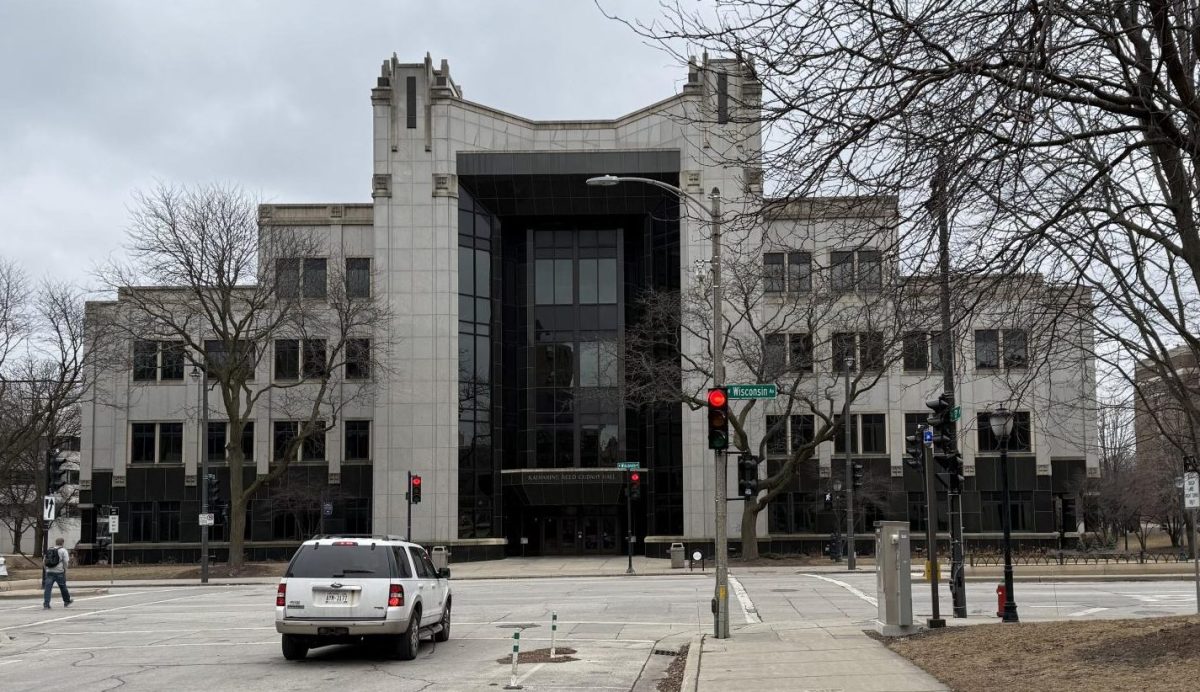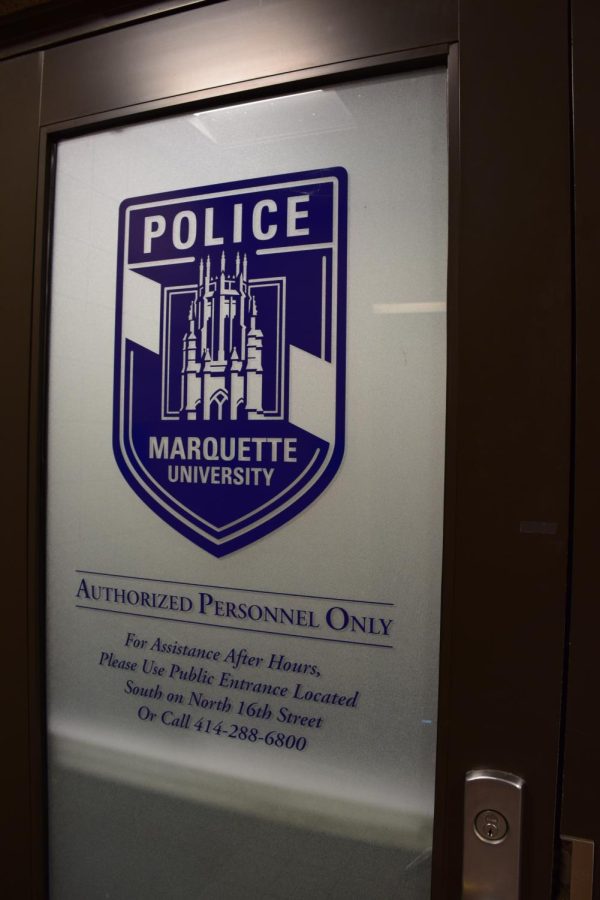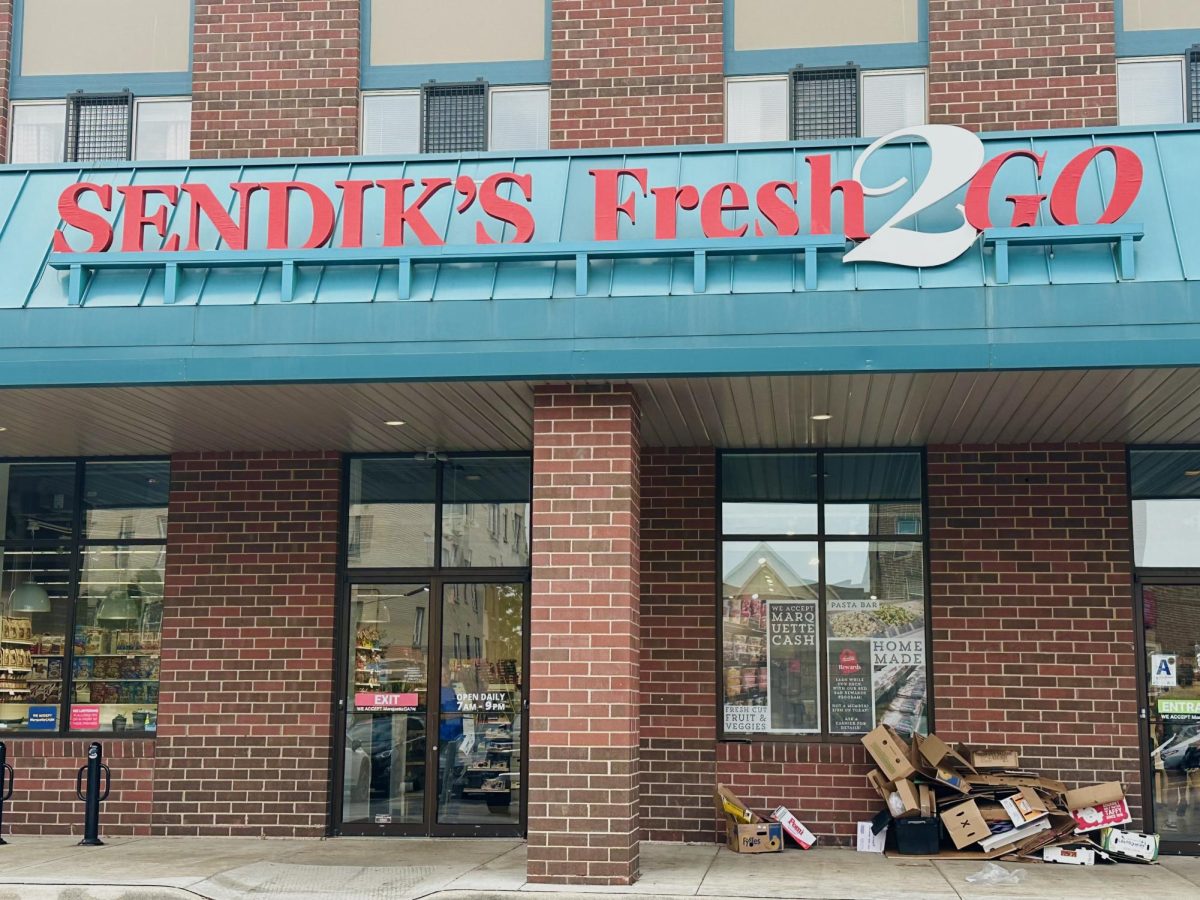
For college students without meal plans, the weekly trek to the grocery store can be a constant battle between eating healthy and staying within one’s budget. Yet Marquette students living on campus face another challenge when it comes to buying food — finding a nearby grocery store.
Marquette is located in a part of Milwaukee that many would consider an “urban food desert,” a geographical part of the city that lacks access to fresh groceries, specifically produce.
To find fresh produce at reasonable prices, students must venture off campus, going as far as Metro Market to the east, Pick n’ Save to the west, or Cermak and Target to the south. Though these are all easily reached by car, many students lack access to vehicles and are forced to rely on the bus. While the Milwaukee County Transit System may be great for visiting the east side or going down to Bradford Beach, having to carry a week’s worth of groceries onto and off of the bus poses a serious challenge.
Although the university administration is not wholly responsible for grocery stores not existing on or within walking distance of campus, it has a responsibility to meet the needs of all of its students, not just those with meal plans. As a Jesuit school, Marquette has made the conscientious decision to stay in the inner city, and with that decision comes the responsibility to ensure its students have access to healthy foods at a competitive price.
There is, however, space on campus for grocery stores that sell fresh produce. From the retail spaces that will be created by the “Ivy on 14th” apartment complex to the empty retail space that used to house Campus Dollar, the university could be doing more to encourage grocers with fresh produce to open a campus location.
There are several stores on campus where students can buy a few grocery staples, but they are lacking in fresh produce and are almost always over-priced.
For instance, one banana at the 7-Eleven convenience store, 1624 W. Wells St., costs a student almost as much as a pound of bananas at a full-scale grocery store like Pick n’ Save. Furthermore, eggs — one of the most economical sources of protein — are not sold at 7-Eleven. Students would not fare much better at Walgreens, the other convenience store on campus, where whole wheat bread costs almost a dollar more than it would at Pick n’ Save.
In a price comparison conducted by The Marquette Tribune, almost every single food compared (white bread, whole wheat bread, apples, bananas, a gallon of skim milk, tomatoes and eggs) became less expensive the farther from campus they were sold.
While many articles about food deserts have been published in the Tribune and other newspapers like The Milwaukee Journal Sentinel, this issue persists across the country. There are, however, measures being taken to bring more fresh produce into the nation’s affected areas.
This summer, Marquette Magazine published an article about 1996 graduate Steve Casey, who co-founded “Fresh Moves,” a mobile non-profit produce market that brings fresh produce to neighborhoods in Chicago that lack access to fresh food. It’s extremely encouraging to see a Marquette alumnus working so hard combat problems associated with food deserts in Chicago, but more must be done here in Milwaukee.
A solution to this area’s ongoing food desert issue needs to be found by Marquette University Student Government and the university administration. Whether it’s creating incentives to bring a grocer to the old Campus Dollar retail space or following in the footsteps of Casey and his “Fresh Moves” mobile produce market, the students and residents of this city deserve access to healthy, reasonably-priced produce.









